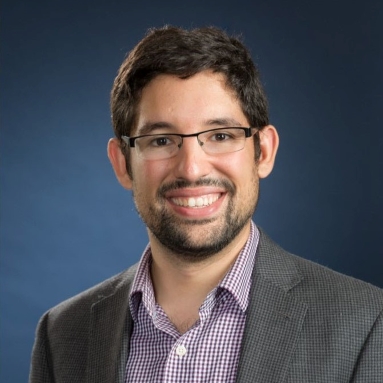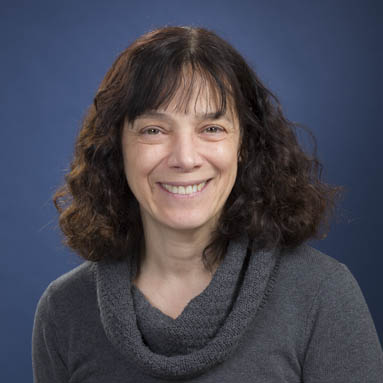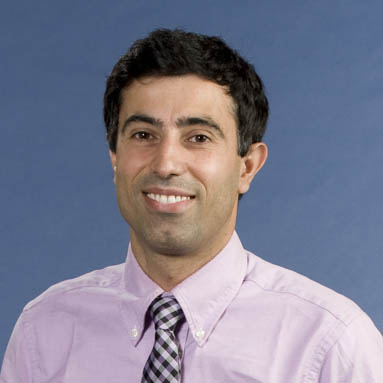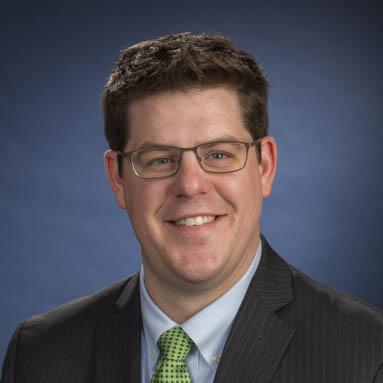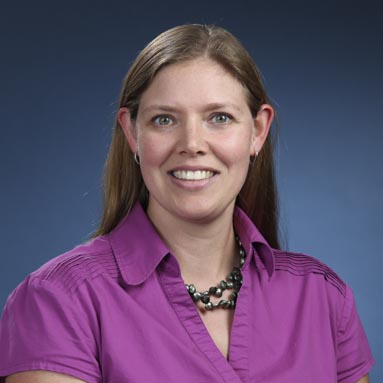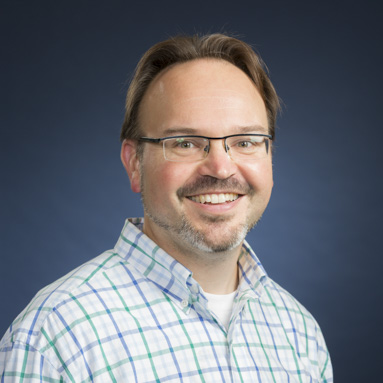Biomanufacturing for Sustainability

Solving Critical Challenges
In state-of-art facilities and through collaborations with partners, WPI is harnessing cells, enzymes, and chemicals to build sustainable solutions for the world’s most critical challenges. Faculty and staff are developing new biomaterials, turning cells into factories, and converting waste into valuable products, all while training the next generation of biomanufacturing workers.

Biochemical Manufacturing
WPI researchers are developing and refining new manufacturing processes for drugs, fuel, and other products in ways that positively impact the environment.
Read how Professor Michael Timko is turning food waste into fuel.

Bio-inspired Materials
By looking to nature, WPI researchers are developing sustainable construction materials, wound dressings, and more.

Environmental Sensors
New tools, models, and technologies are emerging from WPI labs to monitor environmental signals.

Synthetic Biology
Eric Young has received four separate grants totaling more than $2 million to support his research into using yeast and fungi to take on significant genetic engineering challenges. Engineering organisms to give them new abilities is leading to breakthroughs in the production of biofuels and plastics at WPI.
Partners and Funders
WPI faculty members collaborate with academic partners at UMass Chan Medical School and Clark University. Our faculty also work with companies such as Raytheon, Pfizer, Sanofi, AbbVie, and Saint Gobain. WPI’s research is supported by the National Science Foundation, the National Institutes of Health, the Defense Advanced Projects Research Agency, and other private and public funders.
Biomanufacturing Research Facilities at WPI

LEAP
Worcester Polytechnic Institute (WPI) and Quinsigamond Community College (QCC) have partnered together to establish the Lab for Education & Application Prototypes (LEAP @ WPI/QCC), which is located at WPI's Gateway Park in Worcester, Massachusetts to help prototype world-changing integrated photonic devices, as well as develop the workforce needed to manufacture them.

BETC
The Biomanufacturing Education and Training Center at WPI’s Gateway Park in Worcester is where biotechnology professionals gain an edge. It’s an innovative partnership between academia and industry that creates customized workforce development solutions for forward-thinking biotechnology companies across the region and around the world.
CERES
CERES@WPI is a fee-for-use facility designed to provide WPI researchers and regional industry and academic partners access to state-of-the-art instruments for quantitative analysis of engineered cells. It is located within the WPI Biomanufacturing Education and Training Center.

LEAP
Worcester Polytechnic Institute (WPI) and Quinsigamond Community College (QCC) have partnered together to establish the Lab for Education & Application Prototypes (LEAP @ WPI/QCC), which is located at WPI's Gateway Park in Worcester, Massachusetts to help prototype world-changing integrated photonic devices, as well as develop the workforce needed to manufacture them.

BETC
The Biomanufacturing Education and Training Center at WPI’s Gateway Park in Worcester is where biotechnology professionals gain an edge. It’s an innovative partnership between academia and industry that creates customized workforce development solutions for forward-thinking biotechnology companies across the region and around the world.
CERES
CERES@WPI is a fee-for-use facility designed to provide WPI researchers and regional industry and academic partners access to state-of-the-art instruments for quantitative analysis of engineered cells. It is located within the WPI Biomanufacturing Education and Training Center.

LEAP
Worcester Polytechnic Institute (WPI) and Quinsigamond Community College (QCC) have partnered together to establish the Lab for Education & Application Prototypes (LEAP @ WPI/QCC), which is located at WPI's Gateway Park in Worcester, Massachusetts to help prototype world-changing integrated photonic devices, as well as develop the workforce needed to manufacture them.
Faculty Experts
Faculty Profiles